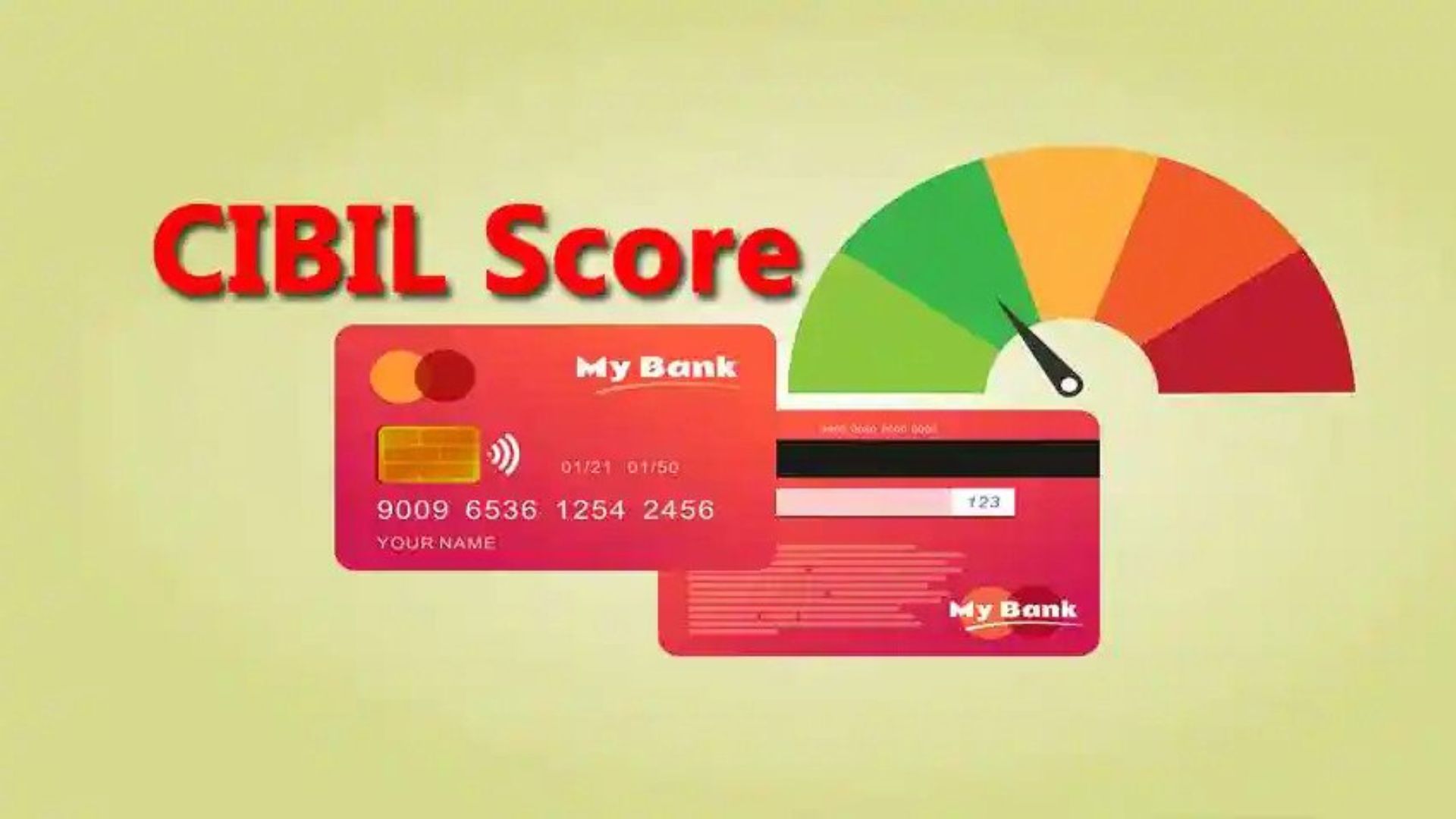

In personal finance, a credit score is a score that acts as a numerical reflection of an individual’s financial trustworthiness, which influences everything from loan rates to credit card approvals. But do you know what should be the ideal score for your loan or card application? Why is it crucial?
Let’s discuss the intricacies of our credit scores and what profound impact it has on our financial opportunities.
Before reaching the ideal credit score for our applications, it is necessary to understand the workings of credit scores. They are the numerical representation of a person’s creditworthiness, which ranges between 300 to 850. The person with a high credit score has better creditworthiness and it represents lower risk for lenders.
The credit score of a person varies from each credit bureau as the reports have minor variations and the credit score of a person depends on several factors like a person’s payment history, his length of credit history, types of credits in use, and a few more factors.
Although the requirements of credit score vary from lender to lender and the type of loan, here we will discuss the breakdown of the credit score:
Have you ever thought about the importance of your credit score? The answer is the number of financial opportunities with you. A high credit score indicates a lower risk of default by the borrower, making lenders a bit relaxed about extending credit to those lenders who hold favourable credit terms. Individuals with good credit scores have access to better loan rates, higher credit limits, and more favourable terms.
Whether one takes a personal loan, auto loan, or credit card, his/her credit score could save thousands of rupees in interest payments against the loans. A good credit score represents a positive financial reputation and demonstrates that you are responsible and trustworthy with your finances. Thus, maintaining a good credit score is necessary for one’s financial stability.
If one’s credit score falls short of the ideal range for loan application approval, here are certain strategies to boost your creditworthiness:
One’s credit score is key to accessing loans, credit cards, and favourable interest rates. While applying for a loan or card, credit score serves as a medium to estimate a person’s creditworthiness which influences the decision of the application. One must have an understanding of what a credit score is and how it’s important to achieve financial health. By maintaining a good credit score, an individual can pave his way for a brighter future with better future opportunities.